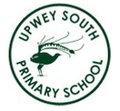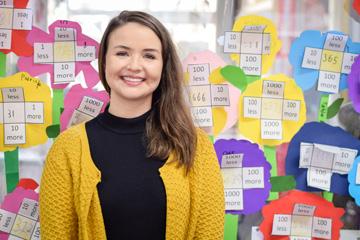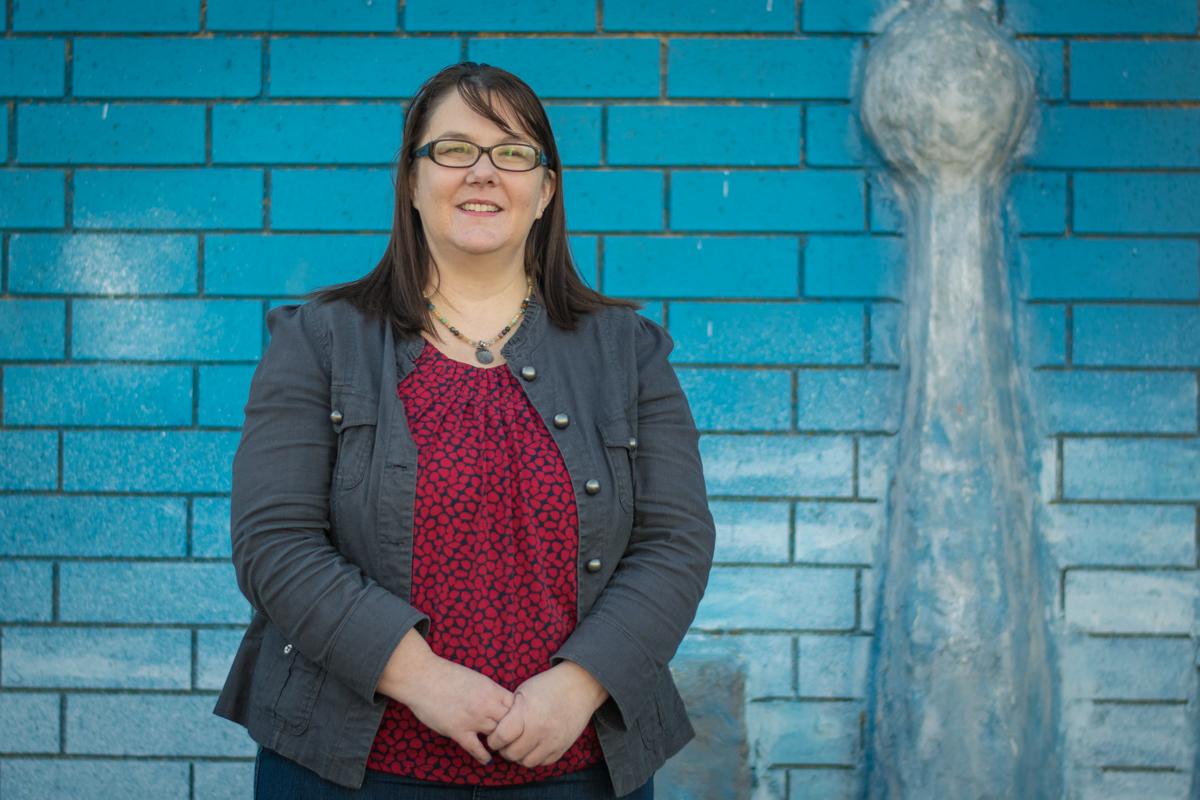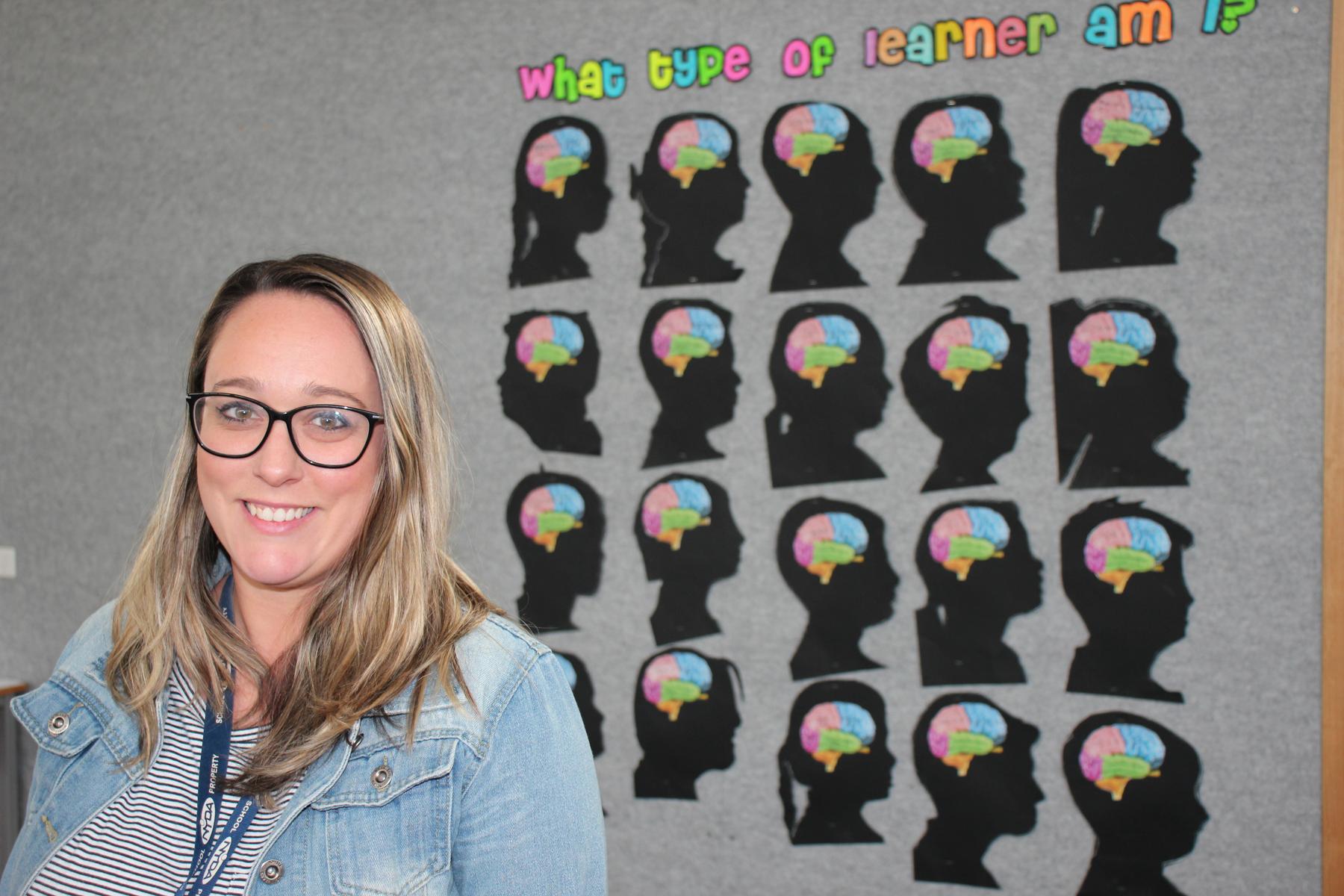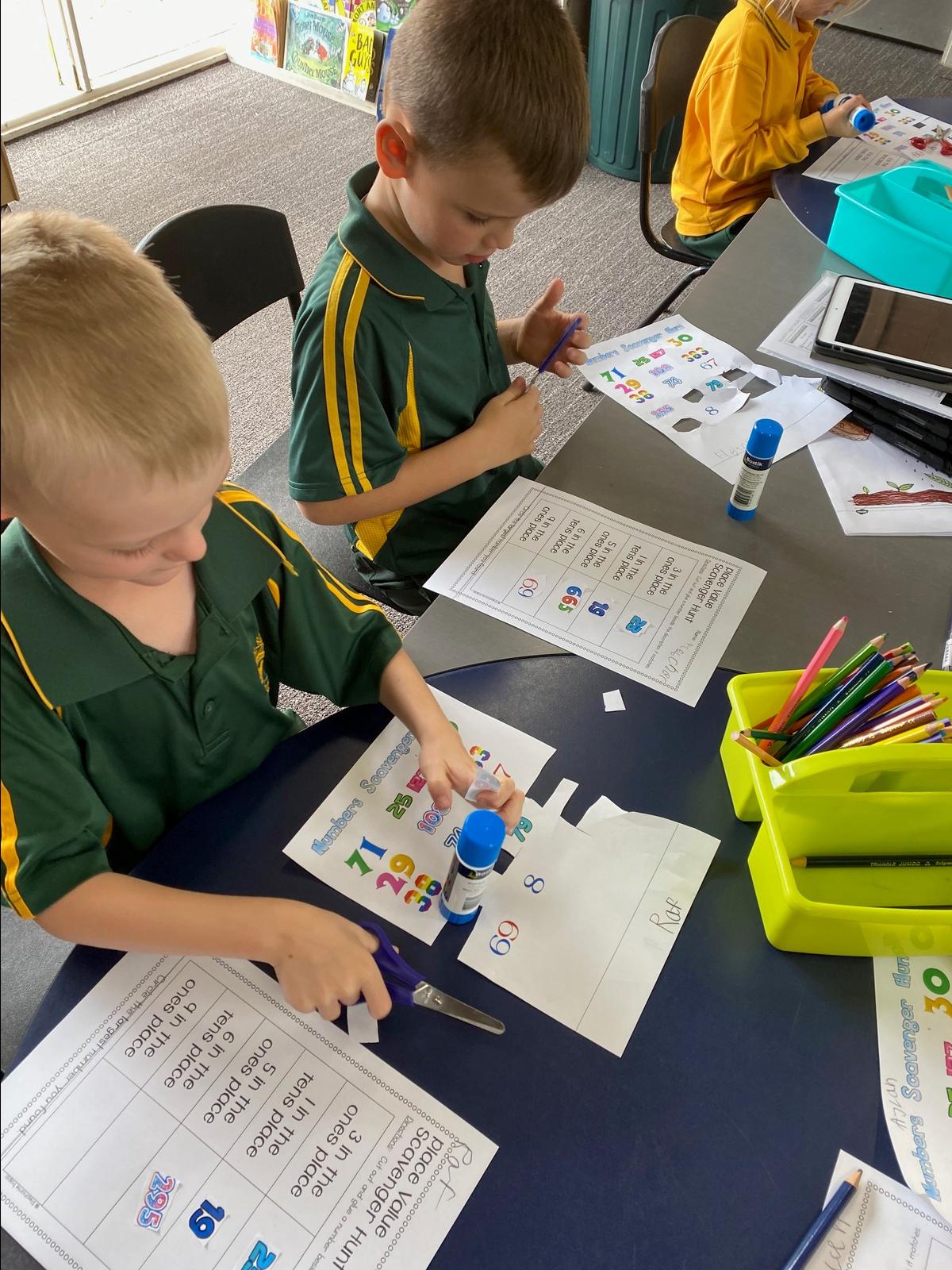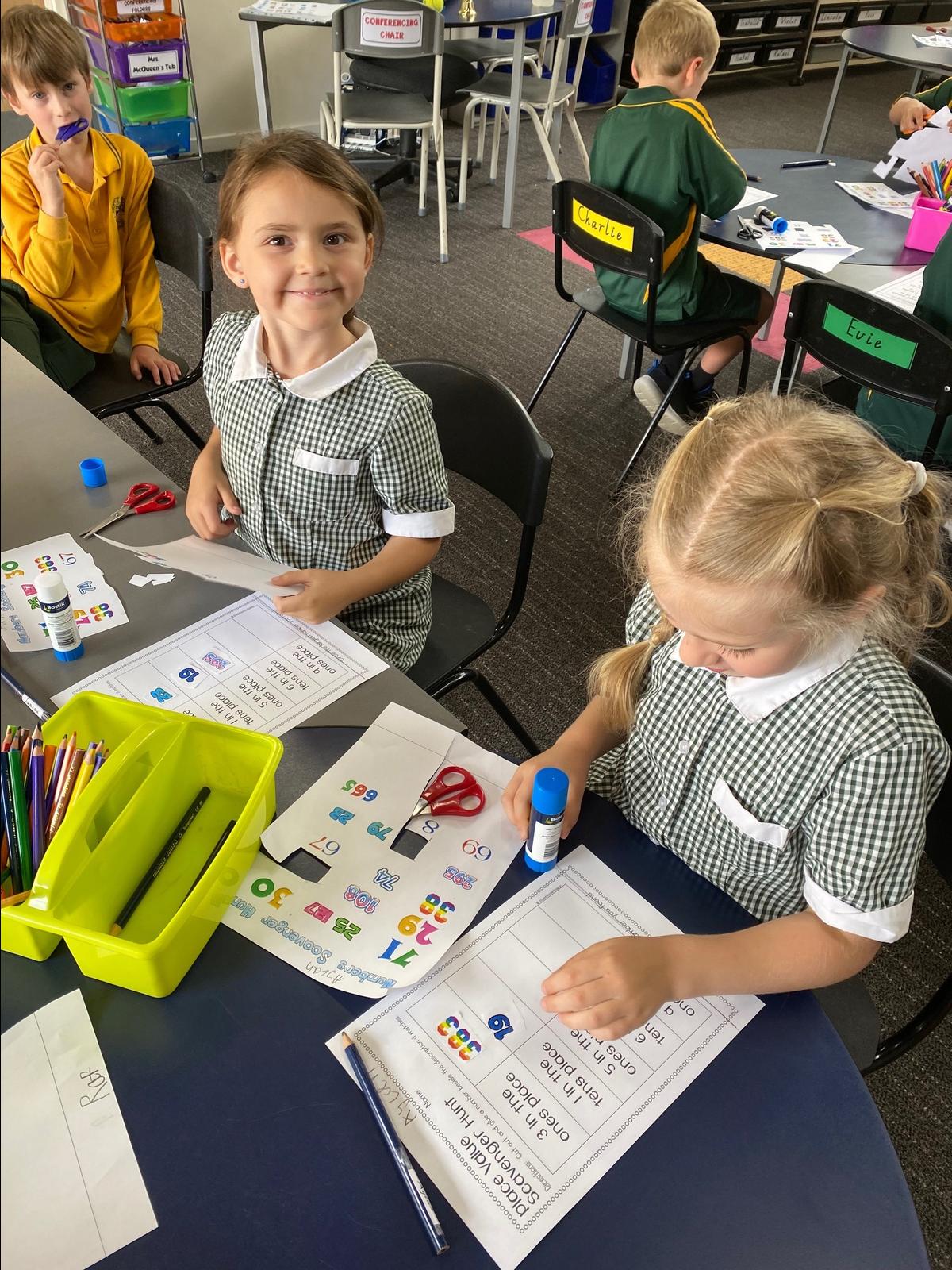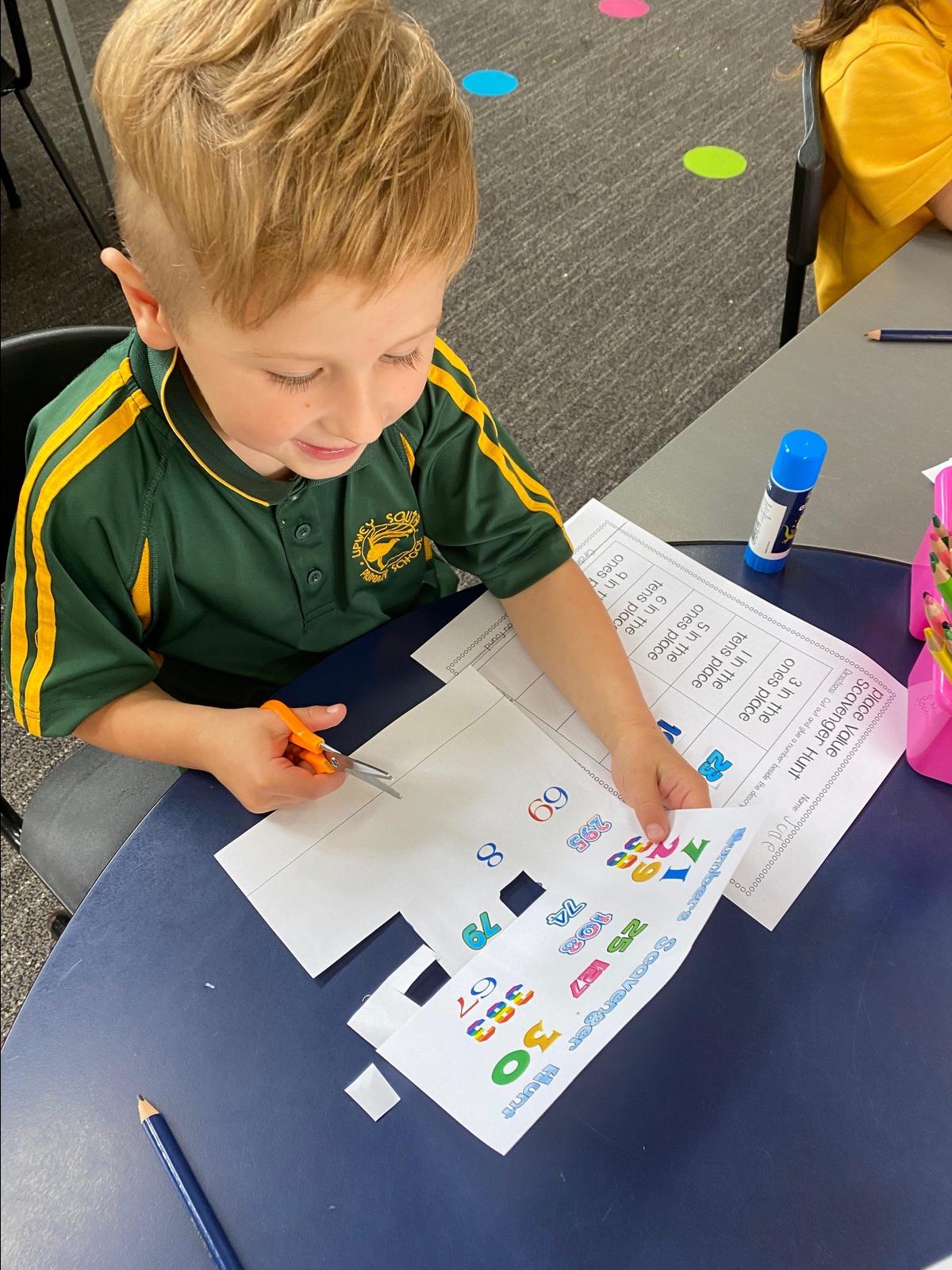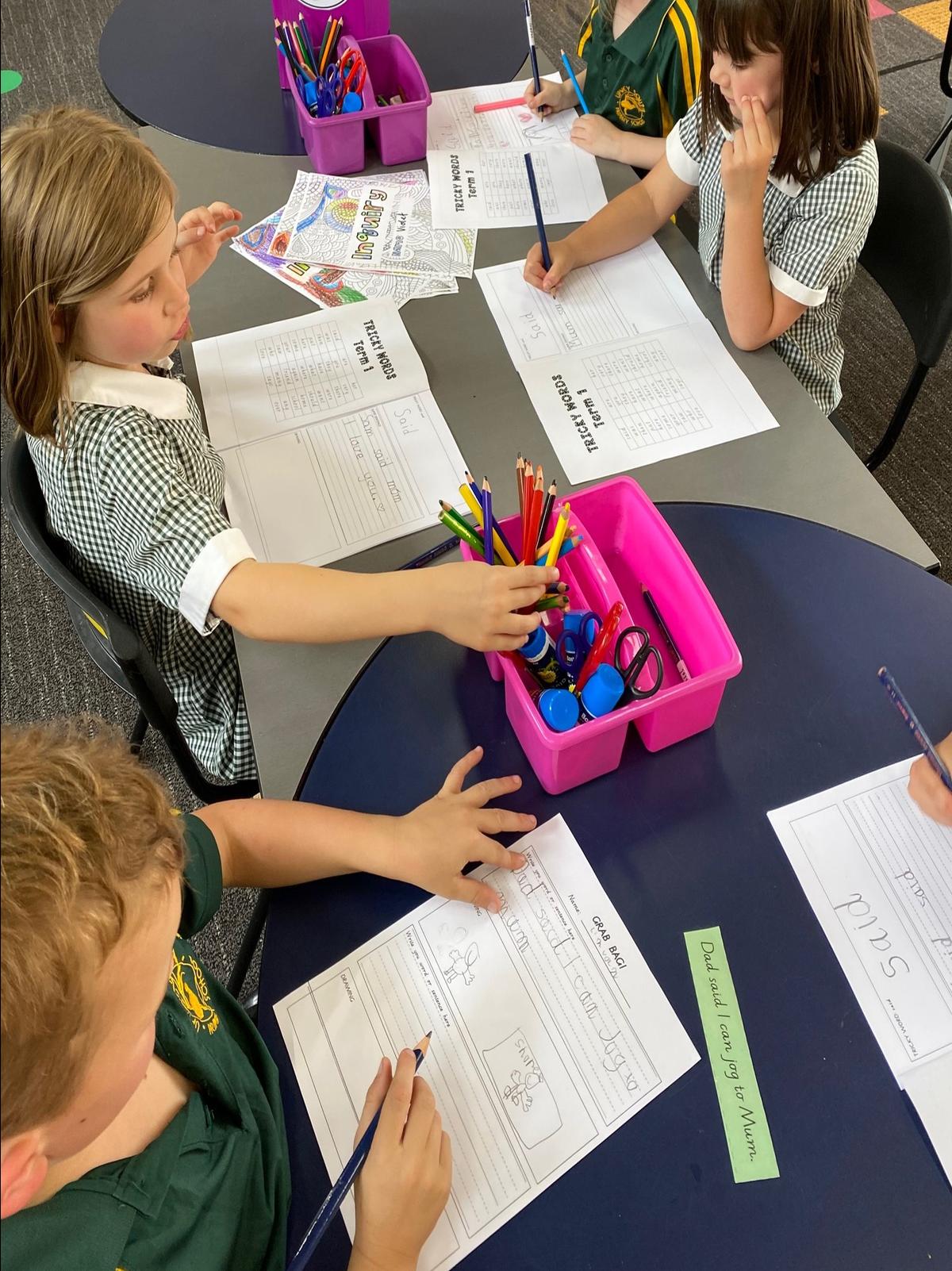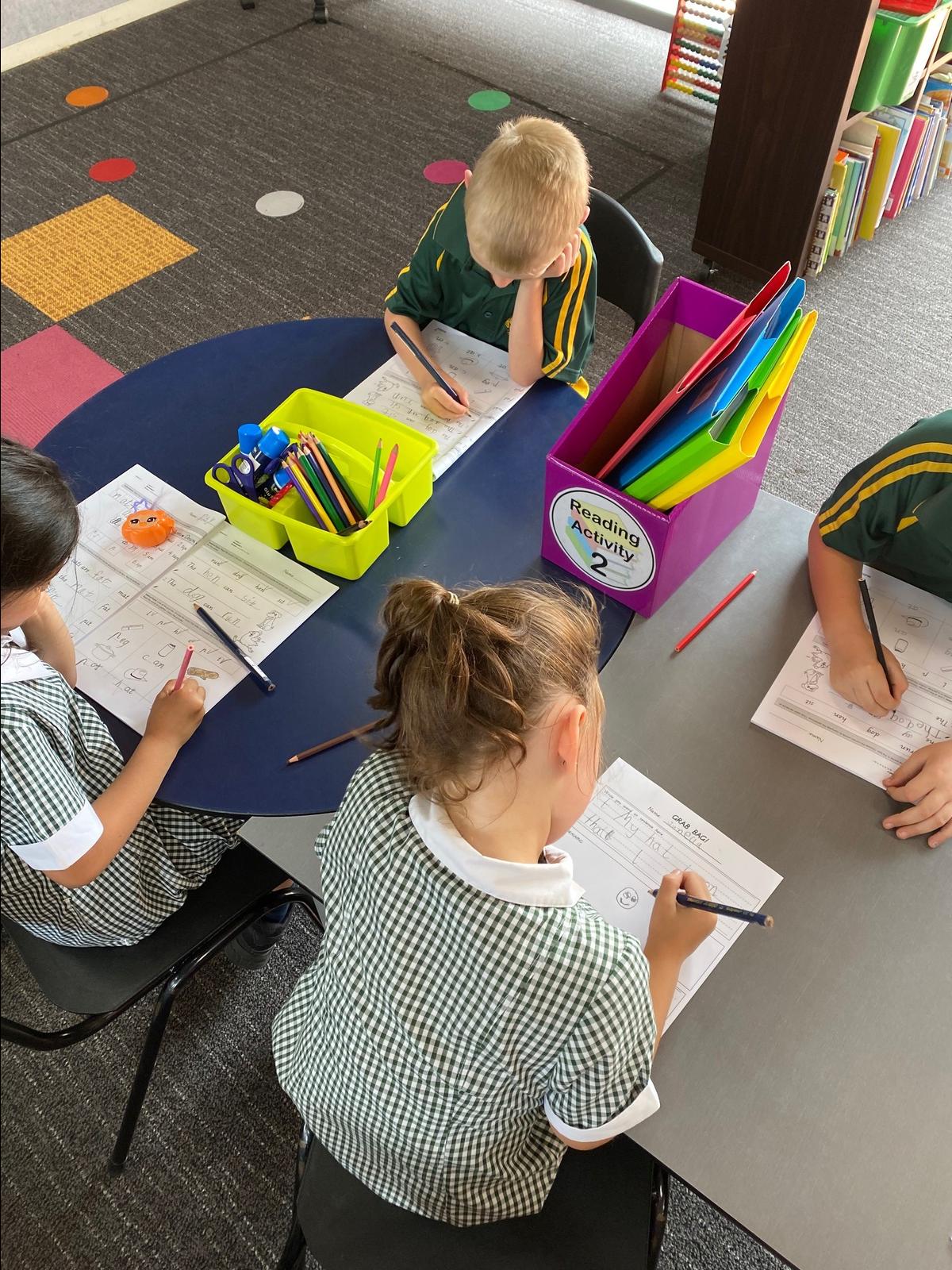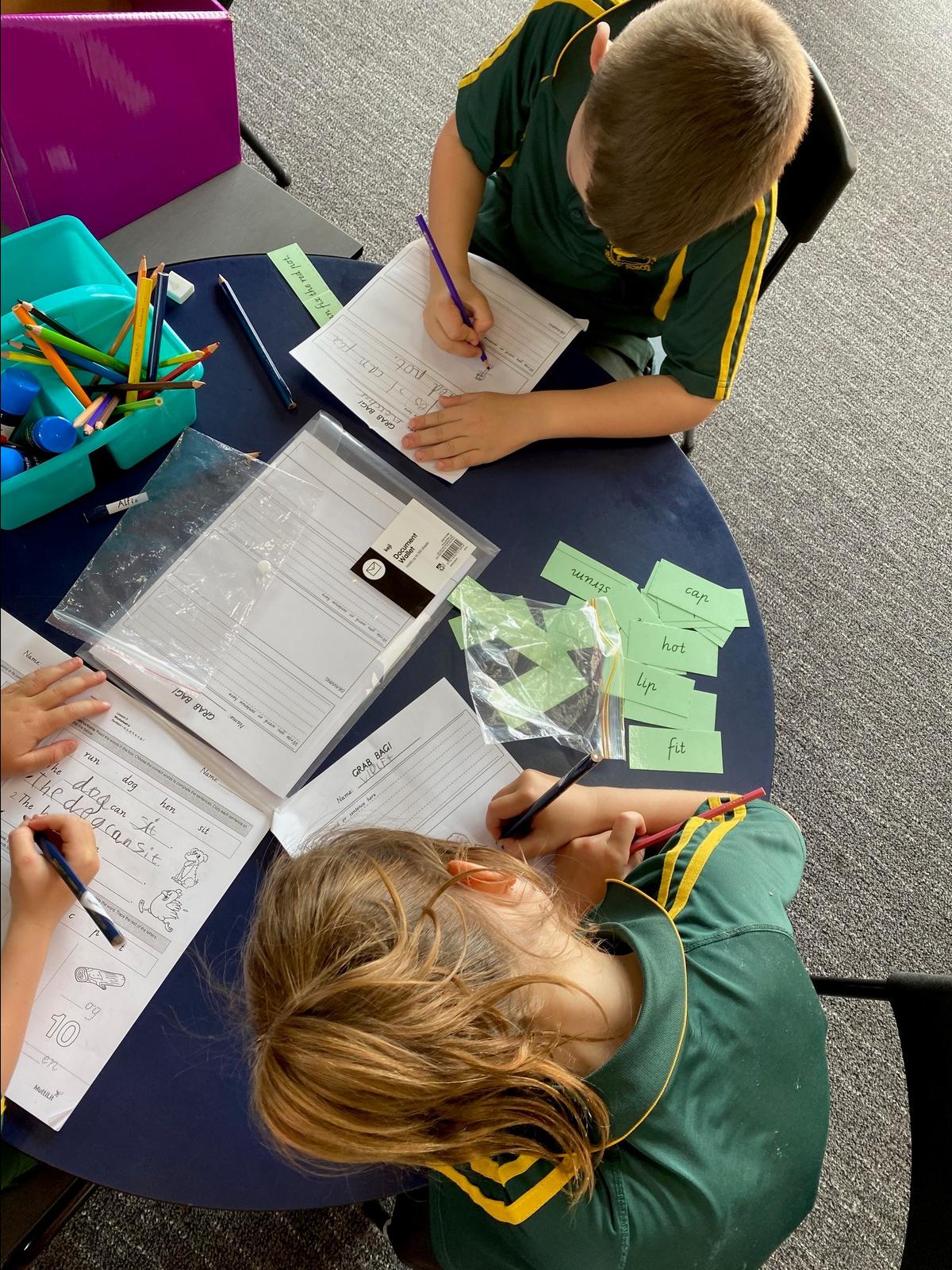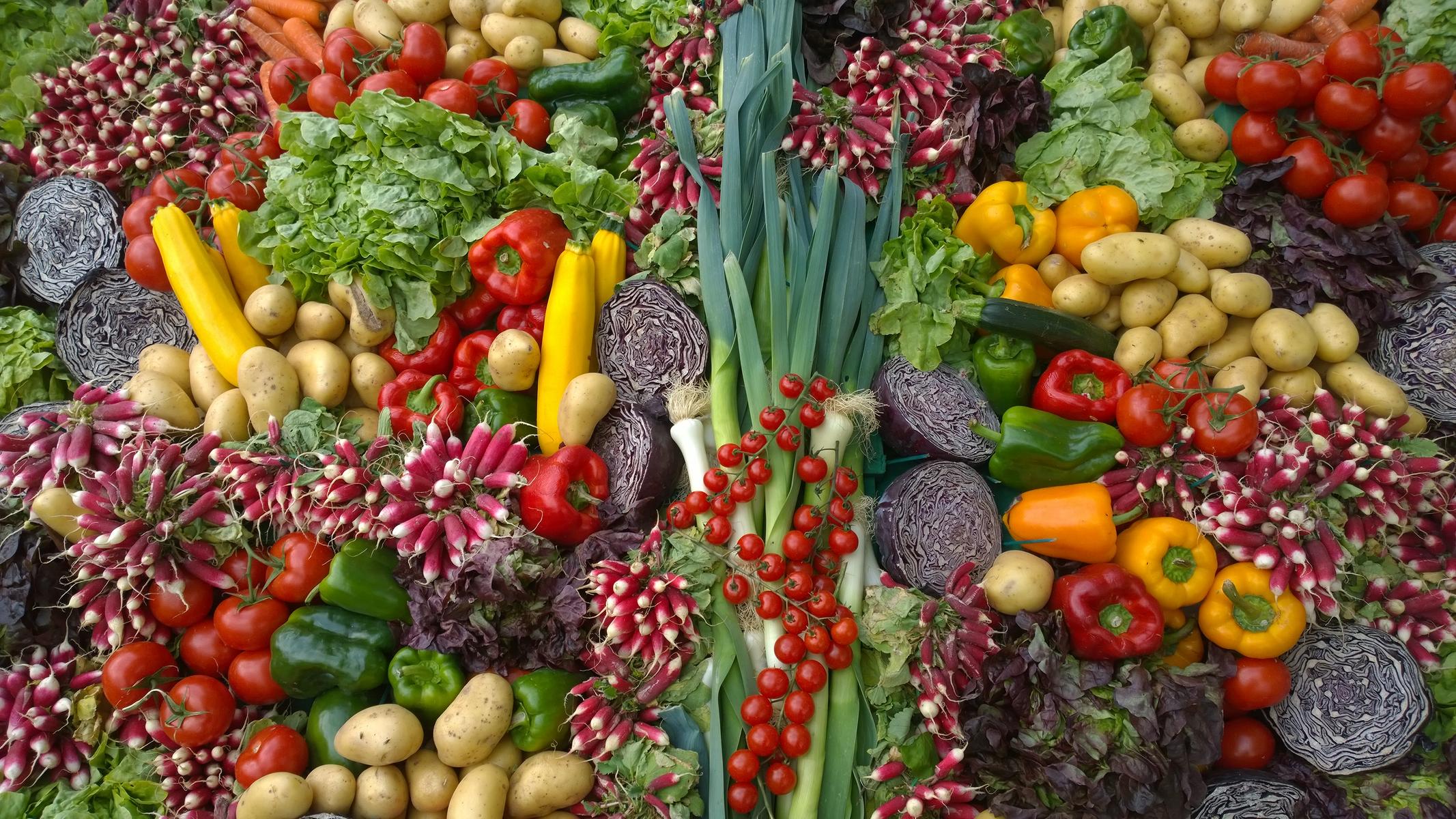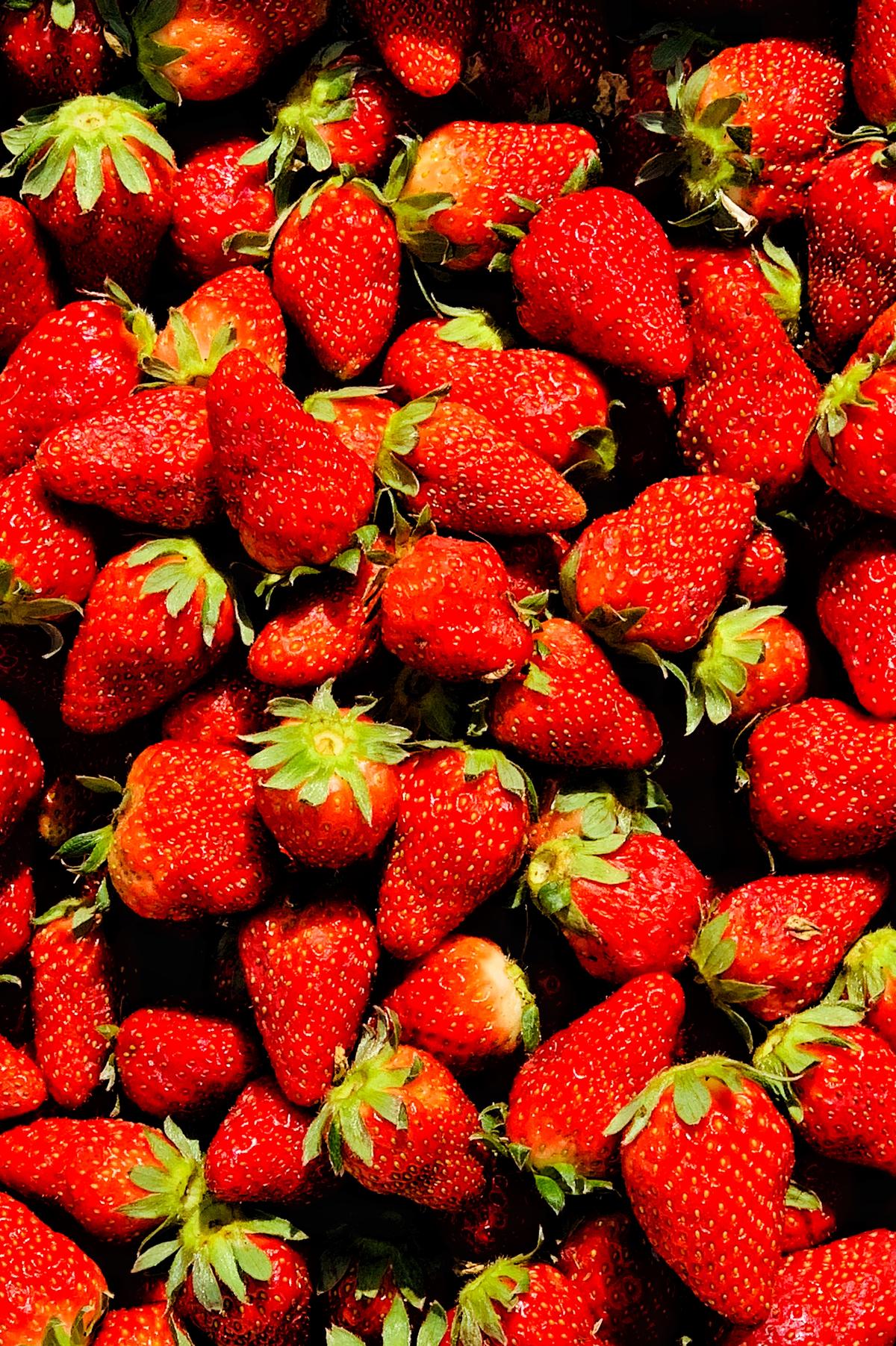Year One

Communicating with the Year One Team
We look forward to partnering with you in 2021, and welcome your input:
Laura Kelly (Class 1A) Laura.McQueen@education.vic.gov.au
Jessica Cameron (Class 1B) Jessica.Cameron@education.vic.gov.au
Samantha White (Class 1B) samantha.white@education.vic.gov.au
Welcome Back! We are so excited for the year ahead! Please never hesitate to get in contact with any questions or concerns!
An Overview of our Learning for Term One
Inquiry Focus
During our Term One Inquiry Unit, Paddock to Plate, students will explore how plants and animals are grown for food. They will be introduced to the concept of resources and their management, and begin to understand how resource use reflects community interdependence. Students will have the opportunity to investigate how resources (such as food) from other places may be transported locally to meet their needs. Students will also begin to explore how seeds can be cared for to grow foods and engage in exciting projects to further illustrate these key understandings.
Numeracy Focus
During this term, in Year One and Year Two we are covering topics from the three strands, Number and Algebra, Measurement and Geometry, and Statistics and Probability. In Number and Algebra students apply their number sense and strategies for counting and representing numbers and explore the properties of numbers. They apply a range of strategies such as addition and subtraction and develop an understanding of the connections between those operations. In Measurement and Geometry students develop their understanding of size, shape and movement of two-dimensional and three-dimensional shapes. They learn about the features of these shapes and are able to sort and identify such shapes based on these observable features. In Statistics and Probability students build upon their ability to describe data displays. They ask questions to collect data and create simple data displays. We teach the concepts within the curriculum through investigative tasks and hands-on activities.
This term, in the Year One and Year Two classrooms we will be mostly focused on the proficiency of Fluency. This describes the students developing skills in accurately recalling factual knowledge and concepts readily. For example, understanding and knowing automatically all the numbers that make 10 and 20.
Literacy Focus
This term, the Year One students will continue developing and growing their literacy skills through the teaching of the InitiaLit program. Our students will participate in the daily literacy lessons where the five key components necessary for effective reading will be addressed. Those being; phonemic awareness, phonics, fluency, vocabulary and comprehension.
Over the coming weeks, students will begin one on one screening with their classroom teachers so we can best identify their current literacy needs.
Throughout the term the following skills and concepts will be addressed:
- Reading and spelling words using the most common letter sound correspondence for the 26 letters of the alphabet
- Reading and spelling 20 tricky words
- Review of terminology: syllable, vowel, digraph
- Introduction to new terminology: phoneme, consonant
- The concept of a Super Sentence
Berry Street Educational Model
At the commencement of 2019, our school committed to improving social-emotional learning within our students through the use of School-Wide Positive Behaviors for Learning (SWPBL), a component of which is the Berry Street Education Model.
In Term One 2021, we have a strong focus upon building rapport and co-regulation within our classrooms. This is being actioned within our classrooms through the development of shared class expectations, which are clearly stated and reflective of both student voice, and our School Values of Respect, Responsibility, and Resilience.
An important component of a co-regulated classroom is "Brain Breaks".
Building upon our students' knowledge of the brain (and it's connection to our bodies and learning) we are helping to identify the benefits and expectations of effective brain breaks.
Brain breaks can be used to:
- positively prime the group to be "ready to learn": helping to tune thoughts and feelings to focus upon the learning task
- de-escalate a group or individual: helping students to regulate and monitor their own emotions, utilising our school's "tap-out" Talk Move, in order to responsibly reset and refocus
- build co-regulation in the classroom: creating an environment in which empathy, awareness, and kindness for the feelings of others is explicit
Brain Food
The Year One students have had discussion around the importance of fuelling our bodies and brains with fresh fruit and vegetable when we have our daily brain break at 11:30 each day. Students know that during this 10 minute break we are to eat fresh fruit and fresh vegies only.
Take Home Readers
Take home readers will commence in Week 3. All Year One students will be given two InitiaLit Readers to take home and read nightly. Research has shown that the repeated reading and exposure of texts can boost student's confidence when reading and consolidate their reading skills. We urge families to read the InitiaLit readers daily to help support the learning that is happening within the classroom.
InitiaLit readers will be given on a Monday and are required to be returned on Friday the same week.
If you can, please encourage your child to read other books too.
SPECIALIST TIMETABLE
Please note the following information regarding the days that each grade has specialist classes. * These times are subject to change during school-wide events (eg: swimming timetables) *
1A | 1B |
PE: Tuesdays 9:00am Visual Arts: Tuesdays 10:30am Performing Arts: Thursdays 1pm Japanese: Thursdays 10.50am (odd weeks)
| Visual Arts: Tuesdays 9:00am PE: Tuesdays 10:30am Performing Arts: Thursdays 10:30am Japanese: Thursdays 11.30am (odd weeks) |
